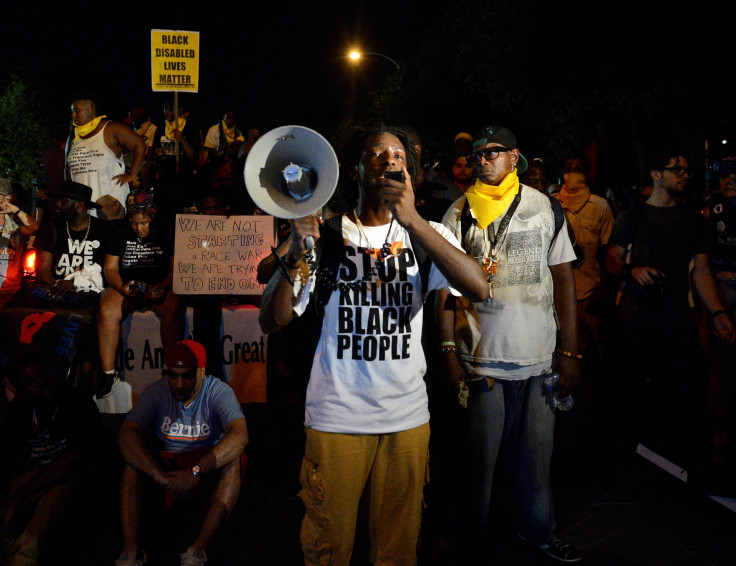Racism Is Bad For Your Health: Minorities Have Poor Mental Health Because Of Racial Discrimination

Racism is bad for ethnic minorities' mental health, new research has found. The study from academics at the University of Manchester in the United Kingdom released Wednesday found repeated racial discrimination can result in poor mental and physical health.
The study published in the American Journal of Public Health examined racial attacks experienced across five years including being shouted at, being physically attacked, avoiding a place or feeling unsafe. Racial minorities who experienced high incidents of discrimination had greater mental health problems compared with minorities who did not report any experience of racism. The most significant stress drivers were the fear of avoiding spaces and feeling unsafe.
"This finding would suggest that previous exposure to racial discrimination over the life course, or awareness of racial discrimination experienced by others, can continue to affect the mental health of ethnic minority people, even after the initial exposure to racial discrimination," said Laia Becares, research fellow at the University of Manchester’s School of Social Sciences and in the Center on Dynamics of Ethnicity. "Our research highlights just how harmful racial discrimination is for the health of ethnic minorities. We see how it the more racism ethnic minority people experience, the more psychological distress they suffer from."
The findings fall in line with a growing body of research that shows racial discrimination can be linked to stress, depression, the common cold, hypertension, cardiovascular disease, breast cancer and mortality. One recent study found 18.2 percent of black participants reported emotional stress, compared with only 3.5 of whites.
In the United States, racial discrimination continues to be a problem in housing, law enforcement and education. A 2015 CNN/Kaiser Family Foundation poll found 69 percent of blacks and 57 percent of Hispanics attributed problems facing their racial or ethnic group to past and present discrimination.
© Copyright IBTimes 2024. All rights reserved.






















